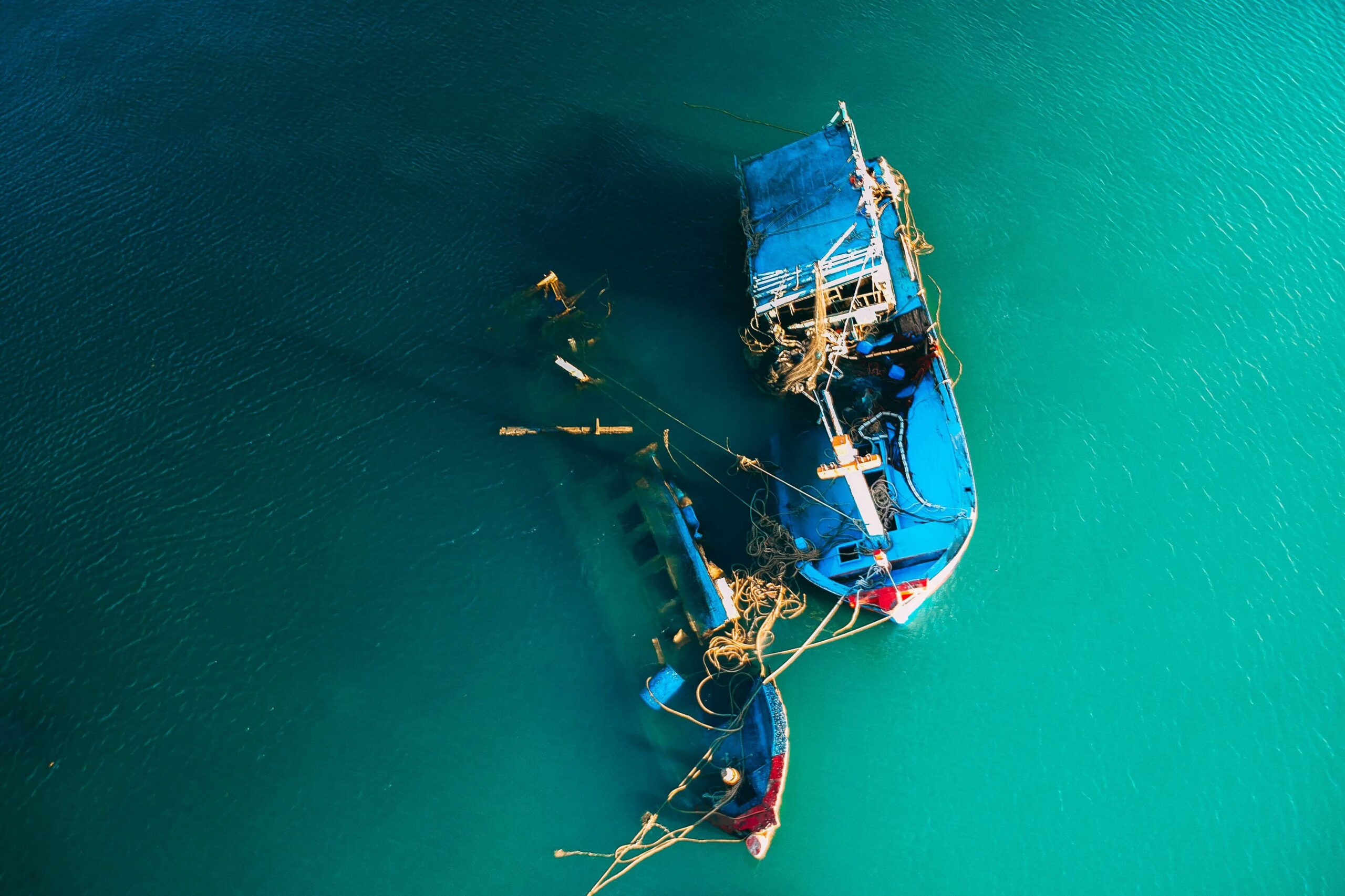- DUI
- Criminal Defense
- Florida DUI
- Traffic Offenses
- Drug Charges
- Marijuana Charges
- Violent Crimes
- Domestic Violence
- Temporary Injunctions
- Weapons Charges
- Theft Crimes
- White Collar Crime
- Juvenile Offenses
- Sex Crimes
- Violation of Probation
- Early Termination of Probation
- Seal or Expunge Criminal Record
- Criminal Appeals
- US Federal Offenses
- Misdemeanor Charges
- Felony Charges
- Co-Defendant Cases
- College Student Defense
- College Student Hearings
- FSU Students
- FAMU Students
- Florida Panhandle Arrests
- Extradition to Florida
- Bench Warrants / Warrants
- Emergency Bond Hearings
- Gambling Charges
- Drone Arrests
- Marsy’s Law
- UAS Infractions
- Introduction of Contraband
- Lying to Police
- Locations
- Case Results
- Our Firm
- Media
- Resources
- Blog
- Contact Us
Who Has The Right of Way When Boating in Florida?
June 4, 2024 Don Pumphrey, Jr. Criminal Defense Social Share
In a crossing situation involving a stand-on vessel and a give-way vessel under Florida’s Inland Navigation Rules, the stand-on vessel has the right of way.
Under federal boating regulations, when two power-driven vessels are crossing so as to involve risk of collision, the vessel which has the other on her own starboard side (the give-way vessel) shall keep out of the way. However, even the give-way vessel shall, if the circumstances of the case admit, avoid crossing ahead of the other vessel (the stand-on vessel) if necessary.
Key Points to Consider
- Power-Driven Boats: This rule applies to situations involving two power-driven boats. Though right-of-way rules may apply to sailboats and other non-motorized vessels, other rules may also apply.
- Head-to-head encounters: When encountering another vessel, both boats must change course to starboard to pass safely. This ensures that both ships occupy the port (left) side.
- Maintain Course and Movement: A stand-on vessel generally maintains its course and momentum, allowing the give-way vessel to maneuver
Other Considerations
- Visibility: Colored lights displayed on vessels at night or in low visibility conditions can identify stand-on and give-way vessels. Red light indicates starboard side and green light indicates port side. The stand-on will typically see the give-way vessel’s red light.
- Responsibility to avoid collision: The stand-on vessel also has a duty to take steps to avoid collision if the situation presents the imminent possibility of a collision.
- Local Laws: Some Florida waterways may have additional local right-of-way laws in addition to these inland navigation laws. Always check local signs or consult with officials about specific waterway guidelines.
An understanding of right-of-way laws is essential to safe navigation. Here are some more tips to stay safe in the water:
- Caution: Stay alert when operating the vessel and always observe your surroundings.
- Communicate with other vessels: Use VHF radio or voice signals to communicate with other vessels, especially in busy waterways.
- Follow Travel Rules: Know all applicable travel laws, including those specific to Florida.
- Take a boating safety course: Completing a boating safety course can provide you with the knowledge and skills related to safe and responsible boating.
By following these tips and understanding right-of-way laws, you can help ensure a safe and enjoyable experience on Florida waterways.
Experienced Vessel Homicide Defense Attorney in Tallahassee, Florida
Being arrested in Florida can be extremely stressful. Being charged and “formally charged” by information in Tallahassee or Leon County, Wakulla County, Jefferson County, Gadsden County , Quincy, Crawfordville, Florida State University, Tallahassee Community College, or Florida A&M University can be life changing. Given the possibility of a lengthy jail or prison sentence and hefty financial penalties, it is important to contact an aggressive, trusted and experienced Tallahassee criminal defense attorney as soon as possible.
Don Pumphrey, Jr. and the attorneys at Pumphrey Law have decades of experience fighting on behalf of clients and winning. Call Pumphrey Law now at (850) 681-7777 to learn more about what we can do for you. Our lawyers will be happy to provide you with a free consultation.











